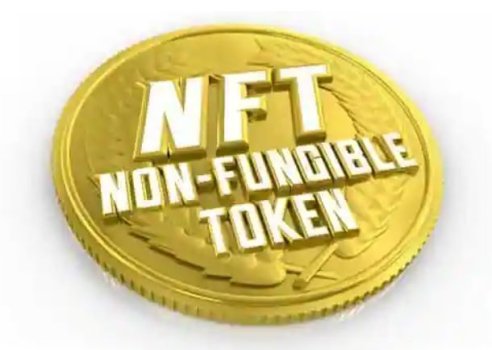When you look at what is happening with NFTs, it seems absolutely crazy. Why are people paying millions of dollars to buy digital monkeys?
First things first. There is undoubtedly a significant amount of FOMO (Fear Of Missing Out) driving the NFT speculation. And yet, there is something fundamentally transformative that NFTs, decentralized finance (DeFi) & decentralized autonomous organizations (DAOs) are driving. It is hard to understand where the value stops and where the bubble starts. You need to see behind the surface to see what is really going on.
At the heart of this transformation is web3, expanding the application of property rights to the digital world. Web3 re-defines what we consider assets, how we convert them into capital and how wealth is created. The promise of web3 is to unlock capital in assets other than physical assets from human capital to social and brand capital.
Take, for example, social capital. People put in money into NFT projects not to own stickers and digital images, but to join exclusive clubs and communities with others who own similar limited edition digital images. In a world where the number of Twitter followers is an asset, such club memberships can be lucrative.
In the 2001 book, The Mystery of Capital, by Peruvian economist Hernando de Soto, the author’s key observation was that ‘assets’ such as real estate in the developed economies lead a parallel life as capital outside the physical world.
The key innovation that enables this is the formal property system which begins to process assets into capital by recording the ownership into a ledger and embodying it in a title. Since each title is unique and not-interchangeable with another, we call it is non-fungible. Since the title is a token of ownership, the property title was perhaps the earliest non-fungible token (NFT).
Continue reading: https://www.livemint.com/opinion/columns/web3-can-create-economies-on-demand-by-converting-any-asset-into-capital-11653844199871.html
First things first. There is undoubtedly a significant amount of FOMO (Fear Of Missing Out) driving the NFT speculation. And yet, there is something fundamentally transformative that NFTs, decentralized finance (DeFi) & decentralized autonomous organizations (DAOs) are driving. It is hard to understand where the value stops and where the bubble starts. You need to see behind the surface to see what is really going on.
At the heart of this transformation is web3, expanding the application of property rights to the digital world. Web3 re-defines what we consider assets, how we convert them into capital and how wealth is created. The promise of web3 is to unlock capital in assets other than physical assets from human capital to social and brand capital.
Take, for example, social capital. People put in money into NFT projects not to own stickers and digital images, but to join exclusive clubs and communities with others who own similar limited edition digital images. In a world where the number of Twitter followers is an asset, such club memberships can be lucrative.
In the 2001 book, The Mystery of Capital, by Peruvian economist Hernando de Soto, the author’s key observation was that ‘assets’ such as real estate in the developed economies lead a parallel life as capital outside the physical world.
The key innovation that enables this is the formal property system which begins to process assets into capital by recording the ownership into a ledger and embodying it in a title. Since each title is unique and not-interchangeable with another, we call it is non-fungible. Since the title is a token of ownership, the property title was perhaps the earliest non-fungible token (NFT).
Continue reading: https://www.livemint.com/opinion/columns/web3-can-create-economies-on-demand-by-converting-any-asset-into-capital-11653844199871.html

